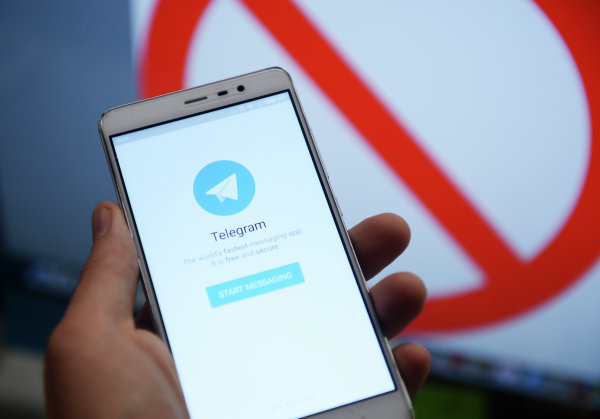MOSCOW, May 22 (RAPSI) – The Moscow City Court has upheld a ruling of a lower court dismissing a class action lawsuit filed by users of Telegram messenger against the Federal Security Service (FSB), the press-service of the court has told RAPSI.
On March 23, the Meshchansky District Court of Moscow dismissed the lawsuit in question because its content did not prove that contested actions violated rights and freedoms of 36 plaintiffs in this case. According to the plaintiffs, the demand to provide Telegram’s keys to the FSB for deciphering is illegal.
On Monday, the European Court of Human Rights (ECHR) registered an application lodged by Telegram against Russia. According to lawyer Damir Gainutdinov, the application with ECHR challenged a fine imposed on the company for refusal to provide information to FSB.
The communications watchdog Roskomnadzor requested Telegram management to comply with the Russian legislation or face blocking of the messenger in June 2017. Telegram founder Pavel Durov agreed to register the service in Russia. However, he refused to abide by “laws incompatible with Telegram privacy policy,” Durov wrote on his VKontakte (VK) page in late June.
In July, Durov received the FSB requests to provide information for decoding messages of six app users. In September, law enforcement authorities drew up administrative protocols against Telegram because of law violation, as Durov failed to reply for the request.
The Meshchansky District Court of Moscow has fined the company 800,000 rubles ($14,000) for refusal to provide FSB with information on message decoding concerning several users. Telegram has been found guilty of failure to store and (or) furnish information on users and their messages to law enforcement agencies. The ruling has become effective.
In December, Telegram Messenger LLP filed a lawsuit with the Supreme Court of Russia seeking to cancel the Federal Security Service’s (FSB) decree establishing the procedure for provision of information on decoding of user data. On March 19, the lawsuit was dismissed. Telegram was obliged to comply with the FSB order within 15 days.
Moscow’s Tagansky District Court ordered restriction of access to Telegram in Russia on April 13. The court tasked Roskomnadzor with putting a stop to sending and receiving messages in Telegram until the messenger fulfills its obligations by providing deciphering keys. The ruling came into force immediately. Roskomnadzor started blocking the messenger on April 16.
According to the Federal Law “On Information, Information Technologies and the Protection of Information”, organizers of information distribution on the Internet must submit information about users and their messages to the authorized governmental bodies conducting investigative activities and ensuring the state security.



